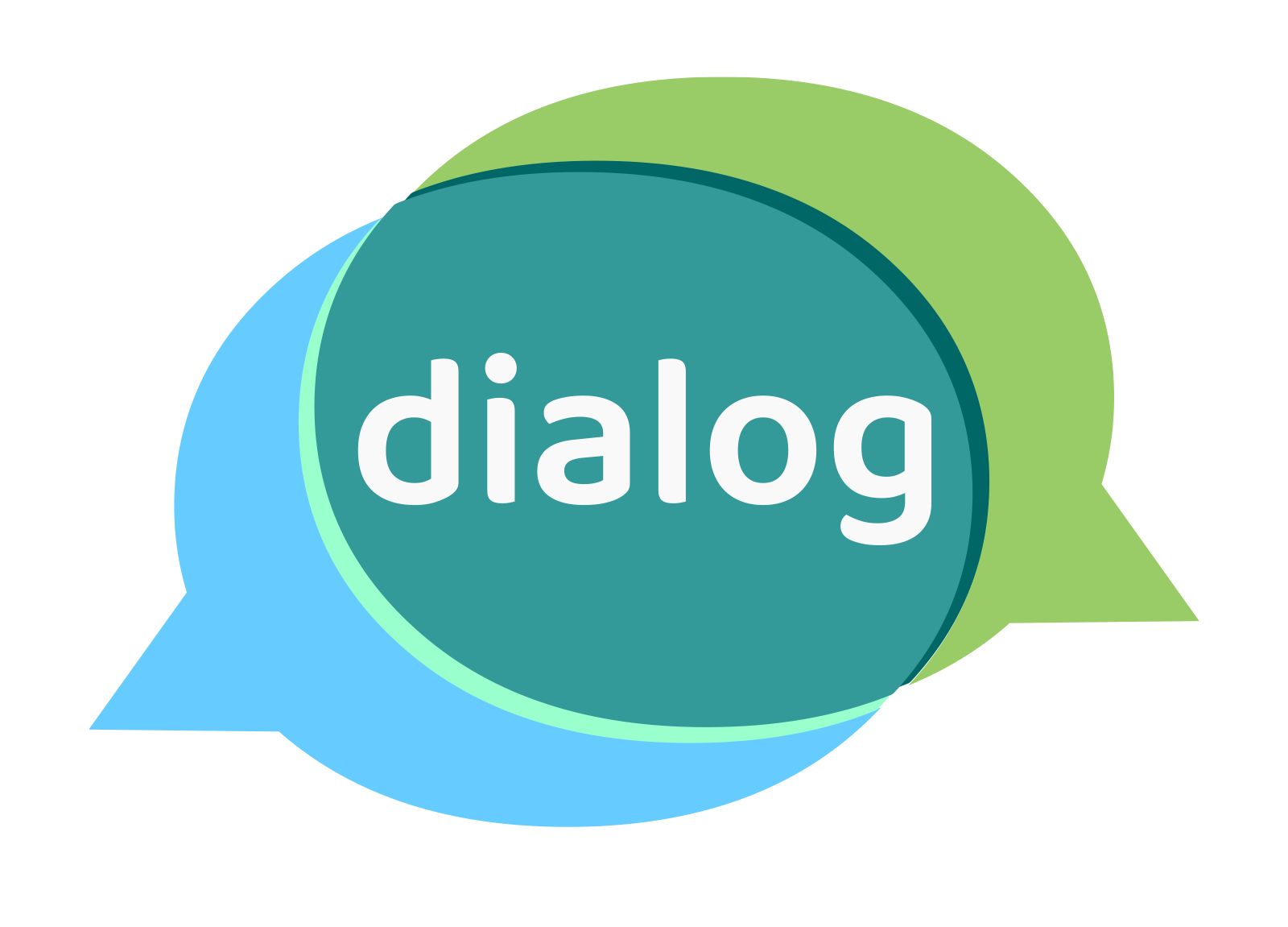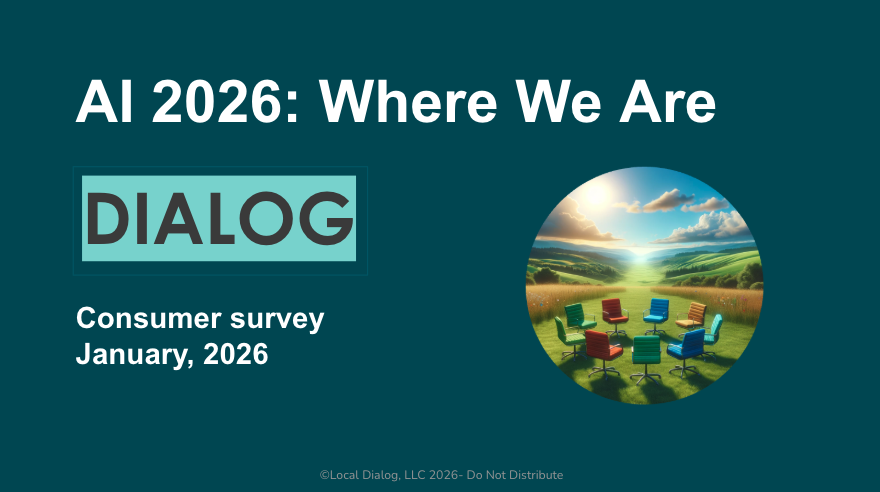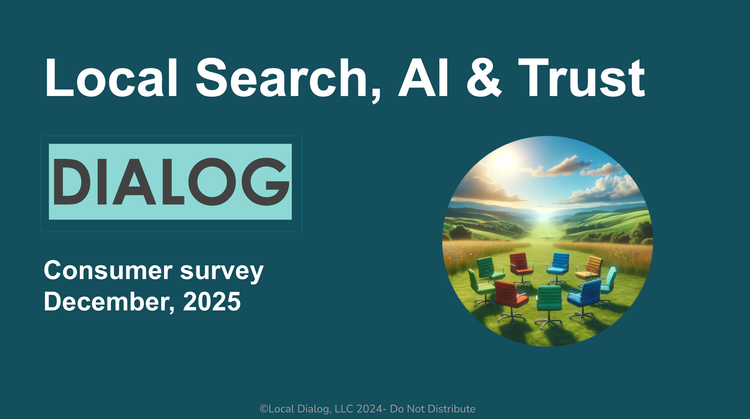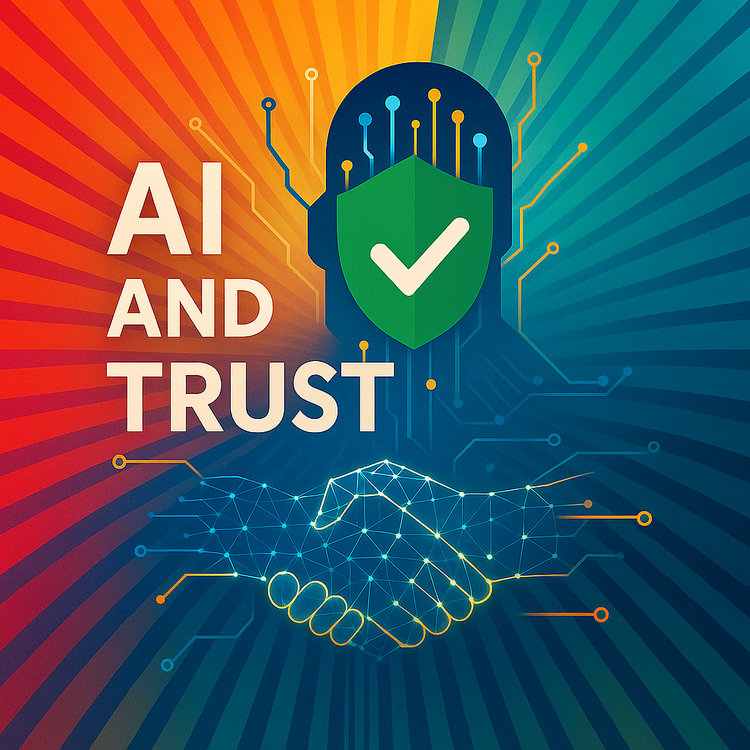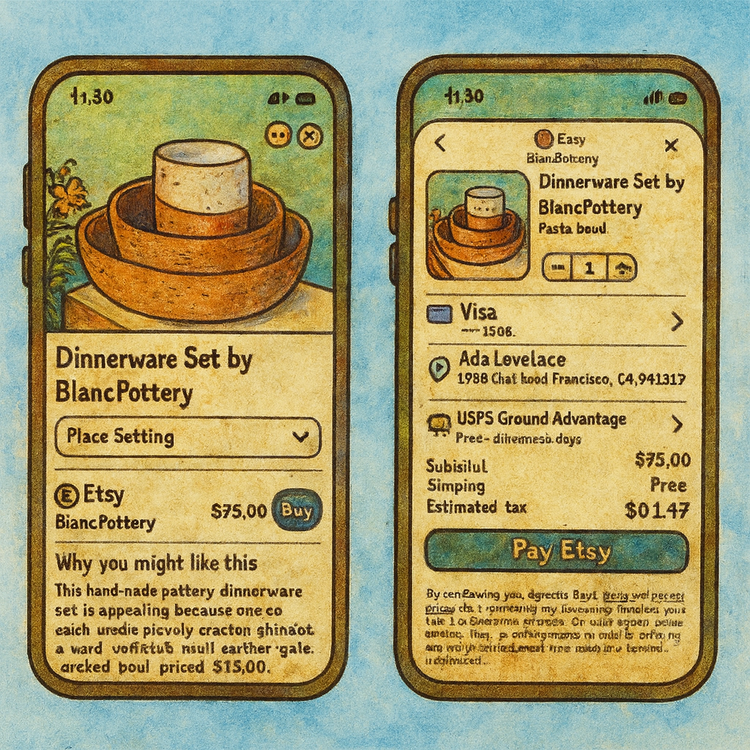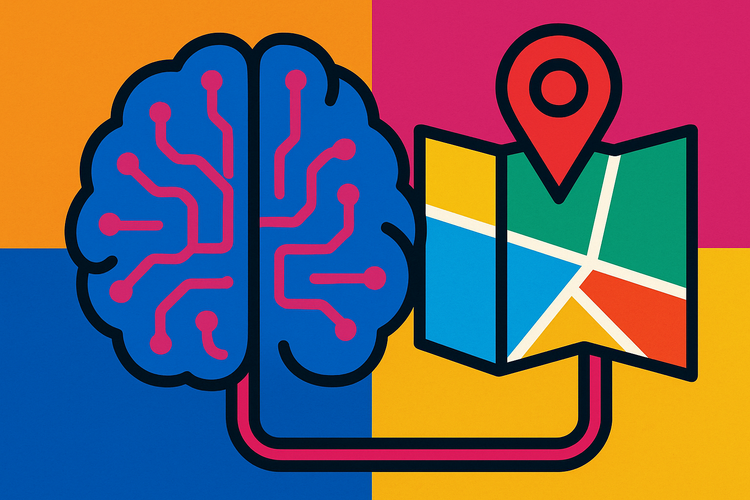What Is MCP and Why Should You Care?

I am not a technical person. I usually run in the opposite direction whenever people start throwing out tech jargon and geek out about technical stuff. I have never been that interested in what's happening under the hood, so to speak.
That said, I have always been interested in what new technologies can do for us as business operators and analysts today and what they will eventually do for us tomorrow. I am, despite my non-technical inclinations, an optimist about technology's potential to improve things and increase efficiency and productivity.
Normally I wouldn't be motivated to write about something as technical as "Model Context Protocol" (MCP). But I believe that, along with agents, it will have a significant and probably disruptive impact on the world of software, business operations and digital marketing.
What Is MCP?
MCP was developed by Anthropic, creator of Claude, and announced late last year. It's an open standard that makes it easier for AI platforms/LLMs to connect to third-party software, APIs and data sources. It's like a common plug or common language between fragmented tools and systems, which would otherwise need to be manually connected through APIs. MCP aims to make LLMs more useful and accurate and, in the process, expand the capabilities of those tools by connecting to a broader ecosystem.
Anthropic created MCP because it needed a way to connect Claude with outside data sources and applications. It then open-sourced the model, which has led to rapid MCP adoption by OpenAI, Google, Microsoft, AWS, GitHub, and many others. It has quickly become the standard for LLM-to-application communication. And there's now an open-source SDK that allows developers to build custom tools that can be used with LLMs.

What Got Me Interested
What got me so interested in MCP? I first started hearing about it from a friend who works on AI systems at a well-known global technology company. About the same time I also came across Andreessen Horowitz's "Deep Dive into MCP and the Future of AI Tooling." Twenty five hundred words and full of technical jargon – agent-centric execution, IDE, vector-rendering canvas, SSE connections, streamable HTTP transport – it was challenging to penetrate. So I did what people increasingly do today: asked ChatGPT to summarize the article.
Here's a short version of what I got back:
- AI today mostly just generates text or ideas — with MCP, it can actually perform real actions by calling external tools.
- This makes AI more useful, powerful, and creative across industries.
- Tools expose APIs (actions) that are MCP-compliant.
- AI models can discover, choose, and sequence these tools at runtime — even combining them creatively.
- Humans can be involved too ("human in the loop" guidance if needed).
If a tool is MCP-compliant and can expose its actions through an API, AI models can run those tools (e.g., send an email, generate a customer record, create an accounting entry) in real time. So MCP enables AI models to do more than help us think through questions and problems, it can solve them too.
Real World Examples
There are numerous, emerging MCP use cases. Together with AI agents, here are some of the things they make possible:
- Sales Support: AI summarizes customer information from CRM, emails, and conversations to help prepare for meetings or customer interactions.
- Communication/Message Management: AI reviews and prioritizes Slack communications into daily summaries.
- Coding Assistance: AI connects to databases, and logs to enhance code.
- Design Creation: Non-technical users can create 3D models and digital designs in applications like Blender and Figma with simple prompts.
- Smarter Customer Service: AI retains conversation history through connections to backend systems for more relevant responses.
- Healthcare: AI combines patient records from different systems to support improved diagnostic and treatment recommendations.
- Financial Analysis: AI trading assistants remember past market conditions and patterns, for better investment recommendations in volatile markets.
- Multi-Agent Workflows: Specialized agents (e.g., research, planning, and execution) divide complex tasks to complete projects that require different types of expertise.
- Web Automation: AI navigates websites to summarize content, collect data, and complete forms.
MCP enables AI agents to interact with a broad range of real-world tools (e.g., email, CRM, design software), in real time, to simplify access, capture more data and context and extend the value of software applications.
Expanding What SaaS Can Do
Let’s consider a simple example in an application such as Quickbooks. For QuickBooks to remain competitive over time, it will need to become MCP-compatible to better serve small business owners. With MCP, an agent could send an invoice to SMB customer Susan Smith for $125.00 (found in the CRM), using an email client (e.g., Outlook), and then create a new account receivable in the general ledger. More complicated processes involving multiple third party applications could be combined into a seamless single workflow.
That's just one simple example. But it leads to questions such as the following:
- What are the real opportunities associated with adopting MCP and the potential opportunity costs of not participating?
- What will it take to make the thousands of SaaS tools MCP compliant; is this a developer intensive activity or will AI agents be able to expedite that process?
- What does it mean for the millions of dollars SaaS companies currently spend on customer training and support; is that no longer needed?
- What does it mean for the SaaS model? Will this accelerate a shift to usage-based pricing?
- What does it mean for SaaS solutions that require developers to knit or bolt them together so they can work in harmony? Is that no longer needed?
I invited ChatGPT to speculate with me on the implications for SaaS companies going forward.
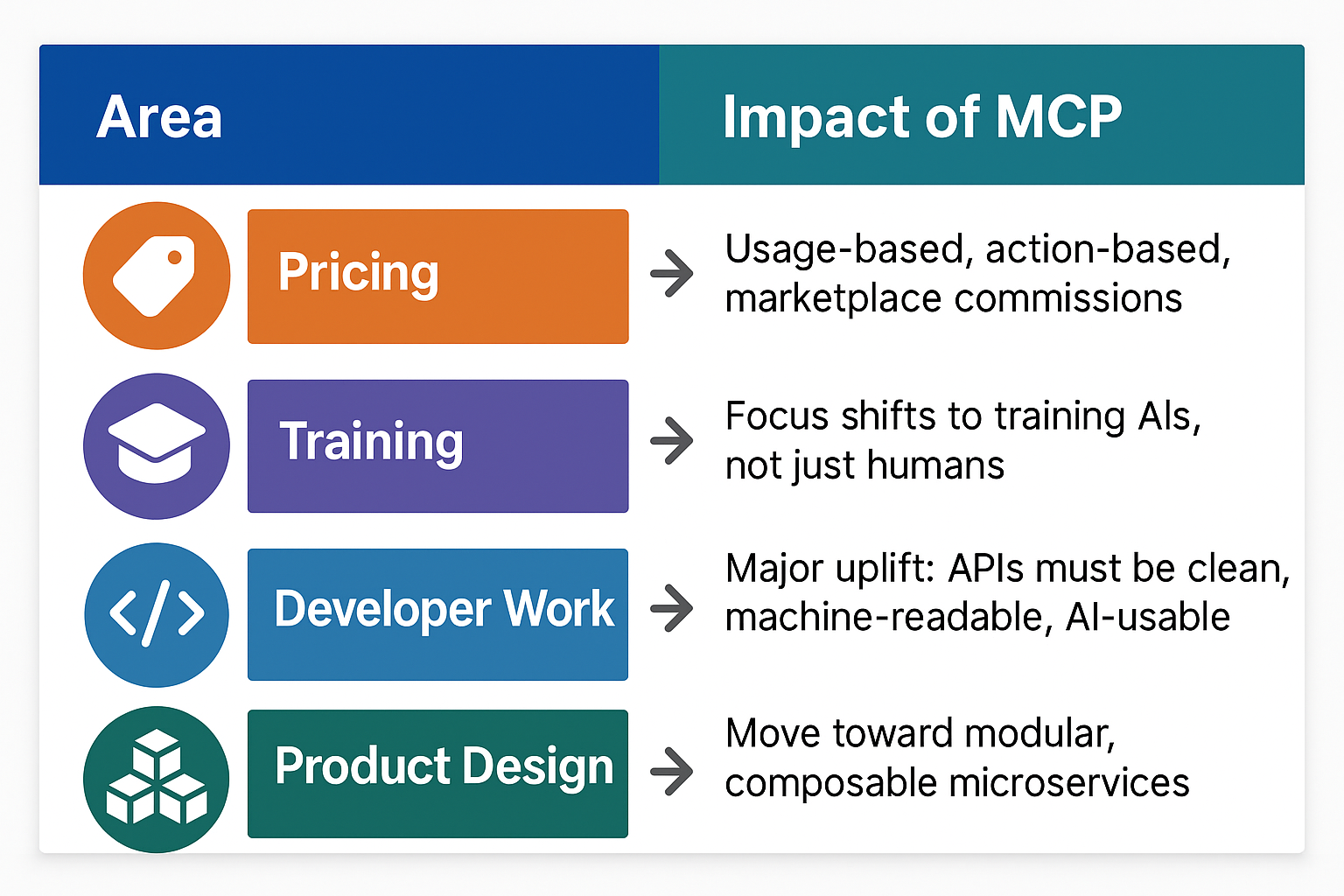
Avoiding the Iceberg
The SaaS market may be headed for an upheaval that will test SaaS company leadership, patience and inventiveness. Imagine shifting a pricing model from a seat license to an actions-based model. How does the finance team predict revenue in that new world? Or what about shifting from training people to training AI models on how to use the tool?
Having clean APIs will become paramount going forward – I never knew APIs could be dirty. And finally, what about the product manager who's been figuring out how to tie one application to another and now needs to shift focus to "composable microservices." Instead of building and selling a CRM platform, you need to expose just "create lead."
What about the implications for branding? And who owns the customer relationship? There's a much longer discussion on the near horizon.
What we're seeing now is probably 10% of the iceberg. On a fateful April night some 113 years ago, First Officer William Murdoch saw the iceberg – and you know what happened next. Companies in the local SaaS ecosystem today have lots of ways to avoid hitting the iceberg. But for some operators, tragedy is probably unavoidable.
Need to Pay Attention
It's not yet entirely clear how all this will play out. Among other things, MCP will probably enable something like an "app store for agents." However, there are plenty of SaaS partner marketplaces that aren't particularly useful. It remains to be seen whether MCP and agents follow that lead or develop in a different way.
Beyond this, MCP and agents will also make more capabilities and functionality available to non-technical, non-developer users.
I don't have insight into the technical challenges involved in achieving the vision of an MCP-connected ecosystem of applications, tools and LLMs. But from my perspective MCP could have a "tectonic" impact on our professional (and maybe personal) lives in the not-too-distant future.
Is this too "optimistic"? Is tectonic too strong? Is my timing too aggressive? It's possible. But if I am right we all need to start paying attention.
